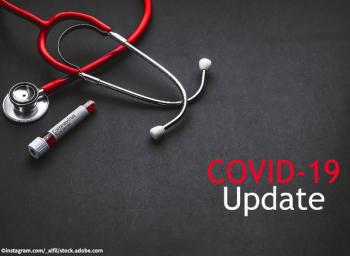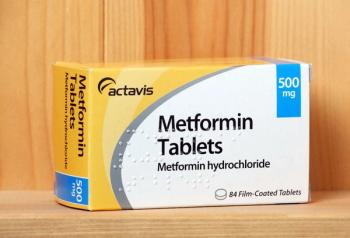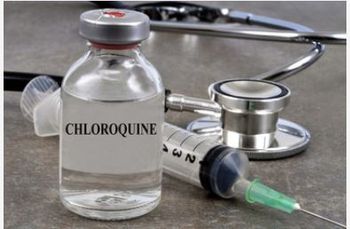
Get the latest data on confirmed cases, recoveries, and more with our daily COVID-19 update.

Get the latest data on confirmed cases, recoveries, and more with our daily COVID-19 update.

Experts in infectious disease rate a wide range of summer activities as low, medium, or high COVID-19 risk. When your patients ask, you'll be ready.

From highest percentage of obese children to lowest percentage of adults with high cholesterol, see how obesity hits home state by state in our new slideshow.

Early forecasts of COVID-19 burden on US hospitals based on data from China may have underestimated need at peak infection, a new study suggests.

Get the latest data on confirmed cases, recoveries, and more with our daily COVID-19 update.

The novel AI tool can help frontline health care workers quickly distinguish between COVID-19 pneumonia and non-COVID-19 as they deal with the rising number of patients.

The latest COVID-19 data on confirmed cases, recoveries, and more from the Johns Hopkins COVID-19 interactive map.

FDA has asked 5 US companies to voluntarily recall lots of metformin extended release after detection of NDMA contamination.

The latest COVID-19 data on confirmed cases, recoveries, and more from the Johns Hopkins COVID-19 interactive map.

Eli Lilly announced that the first patients have been dosed in a phase 1 study of a novel COVID-19 antibody treatment.

Roche announced the start of the REMDACTA study to evaluate tocilizumab plus remdesivir in hospitalized patients with severe COVID-19 pneumonia.

The latest COVID-19 data on confirmed cases, recoveries, and more from the Johns Hopkins COVID-19 interactive map.

There are now >100 000 COVID-19-related deaths in the US. Plus more data from the Johns Hopkins COVID-19 interactive map you should know about today.

The latest COVID-19 data on confirmed cases, recoveries, and more from the Johns Hopkins COVID-19 interactive map.

Johns Hopkins researchers received a grant to use machine learning to detect COVID-19 patients who are at risk of adverse cardiac events.

Hydroxychloroquine and chloroquine were associated with increased risk of death among more than 96 000 patients hospitalized with COVID-19.

The first standalone at-home sample collection kit received FDA approval, new research shows children are not spared from COVID-19 risk, and 4 more snapshots of key pandemic coverage from May.

University of Oxford researchers will recruit more than 10 000 participants and evaluate groups of young and elderly to evaluate immune response across the lifespan.

The latest COVID-19 data on confirmed cases, recoveries, and more from the Johns Hopkins COVID-19 interactive map.

Early data released by the drug maker Moderna showed that their candidate vaccine for COVID-19 generates an immune response like the response seen in COVID-19 survivors.